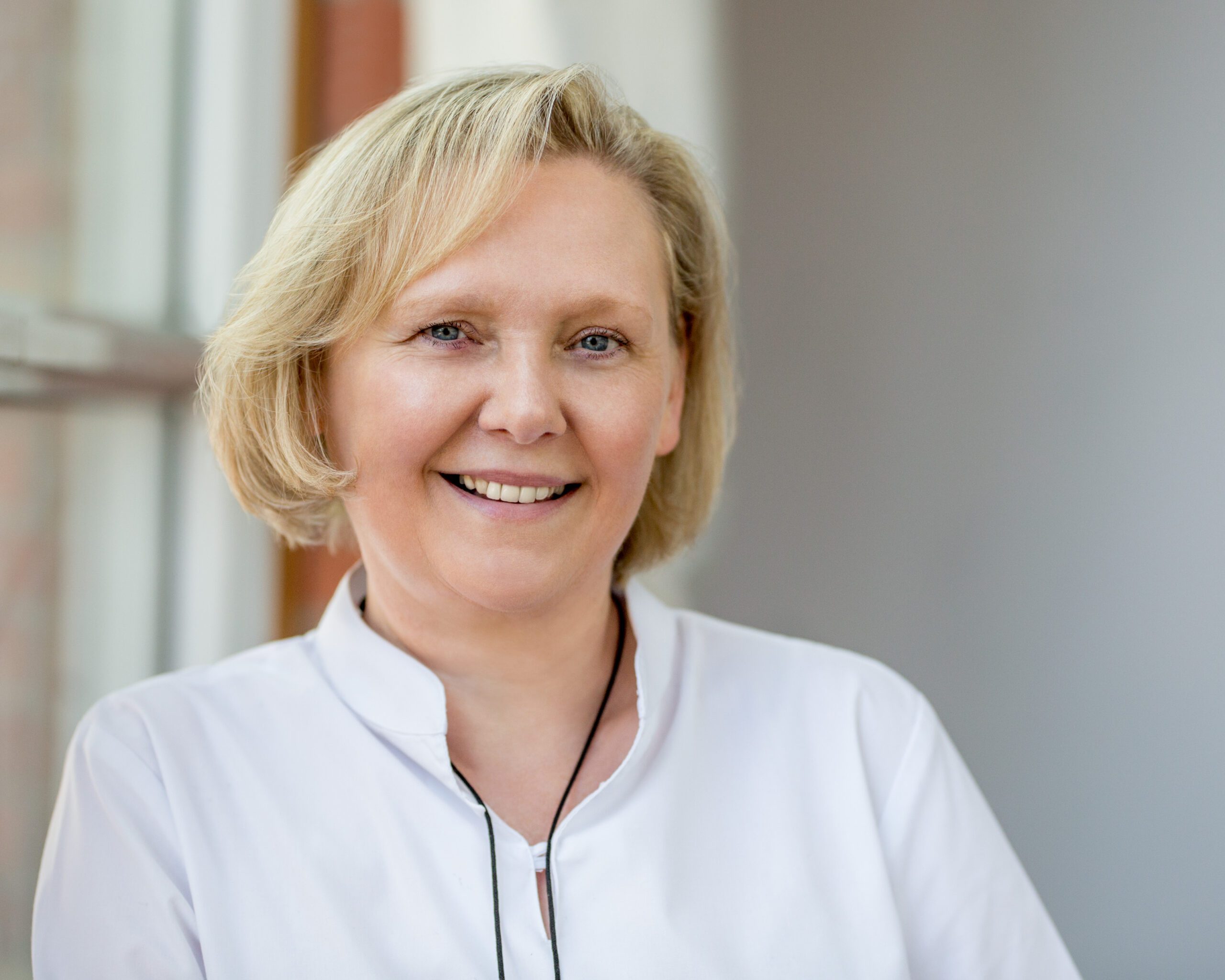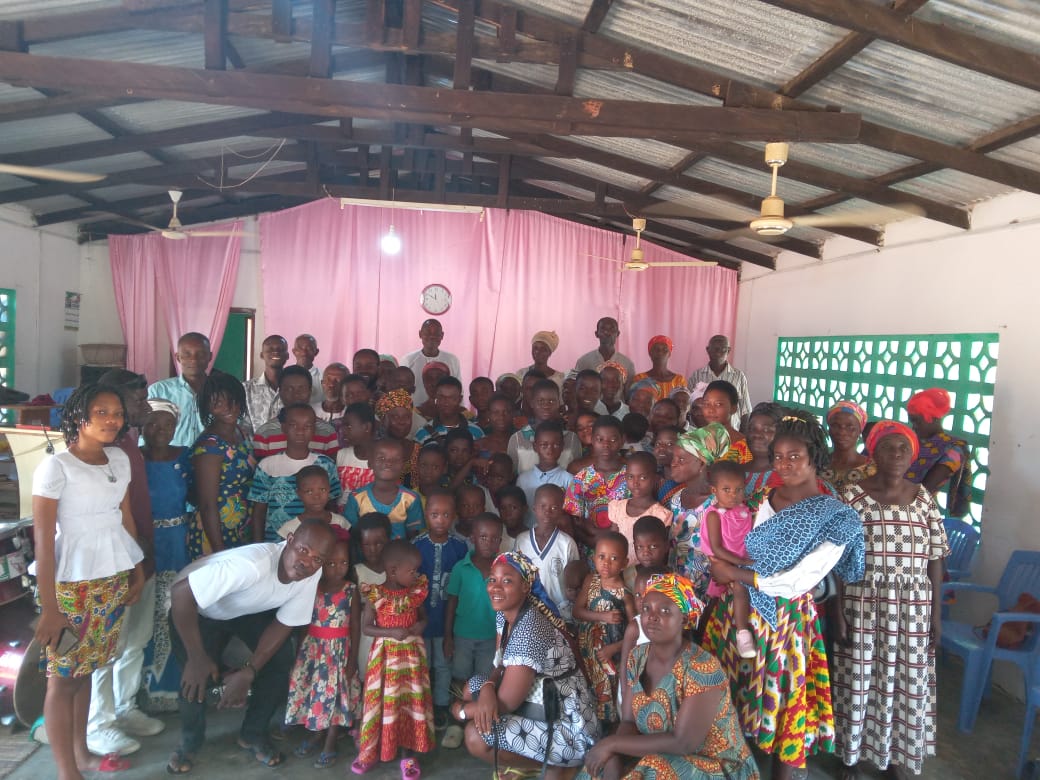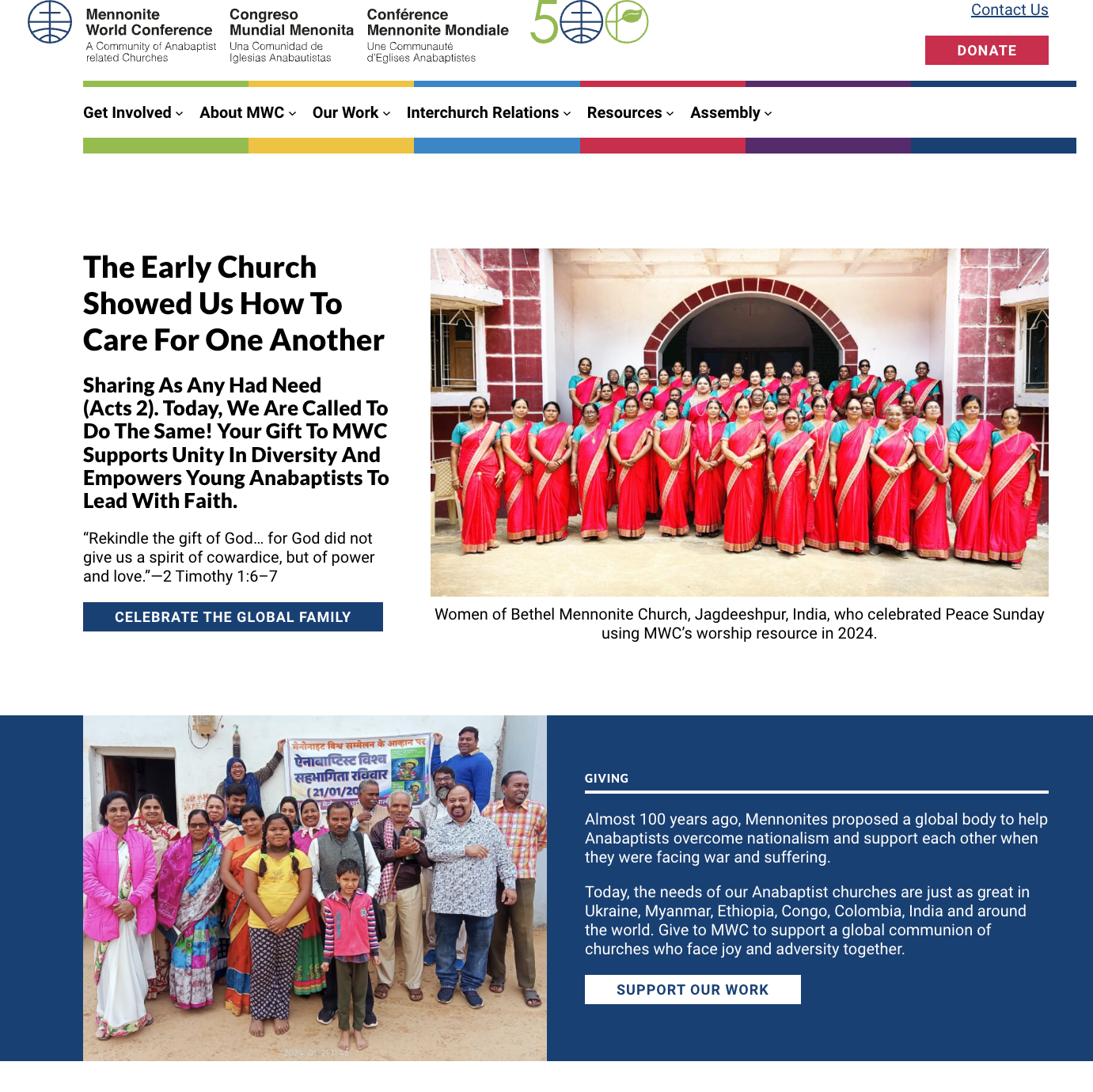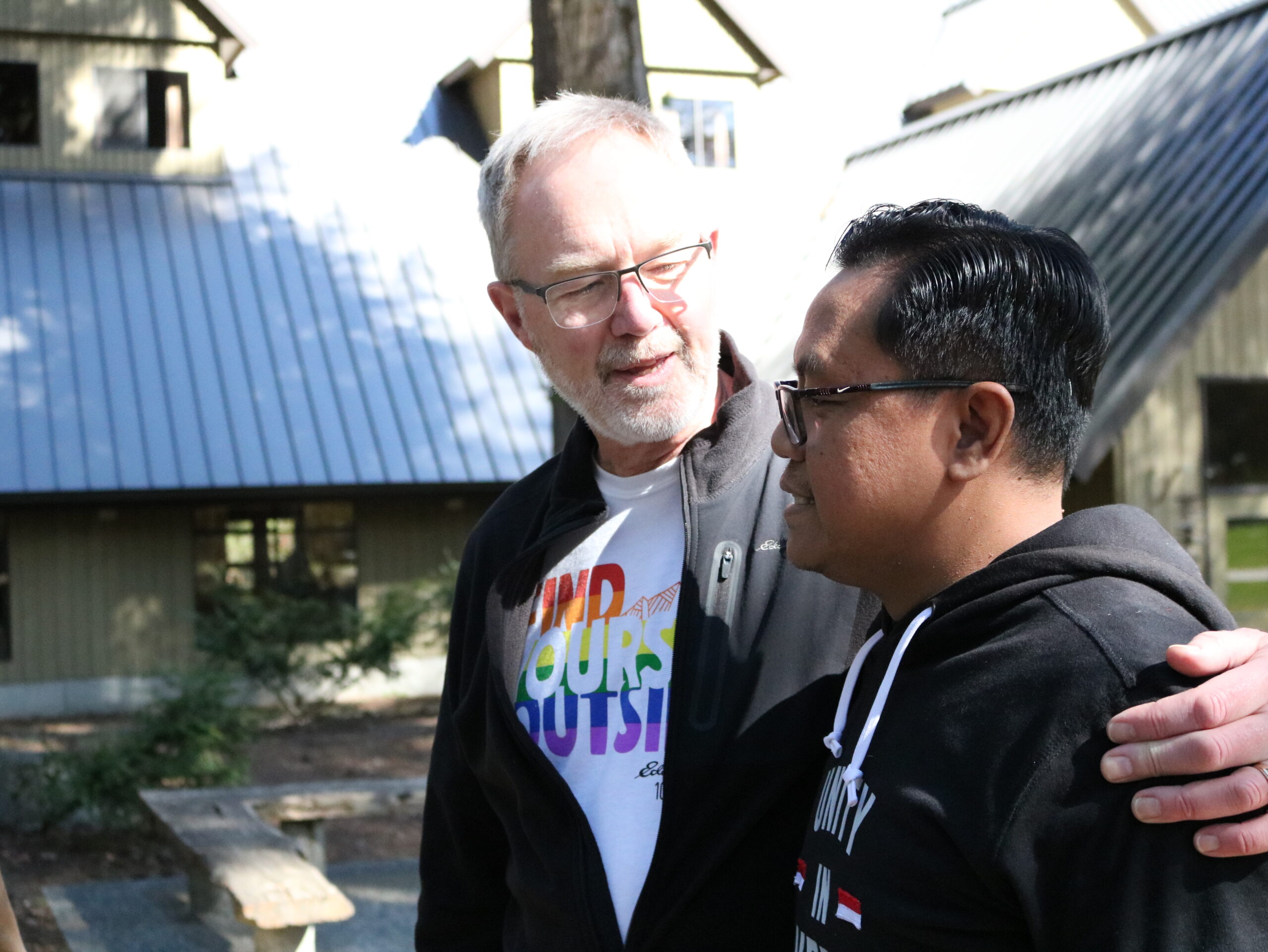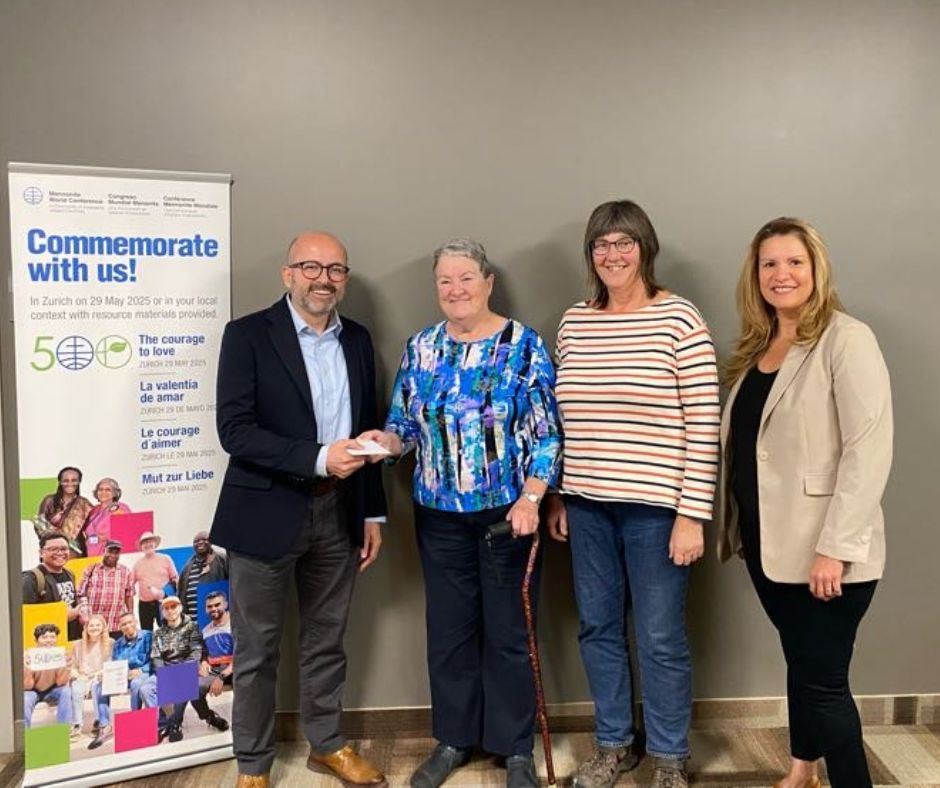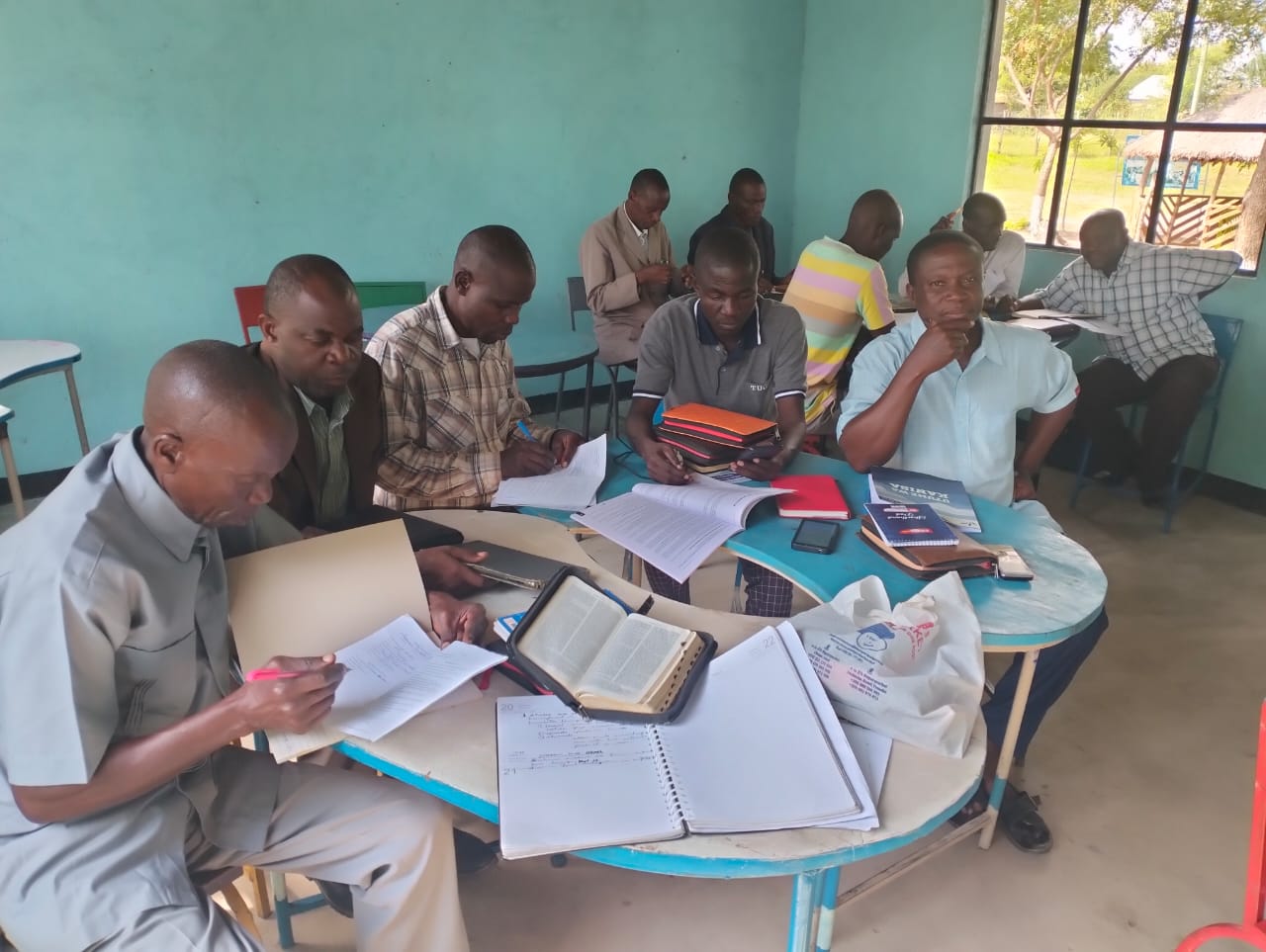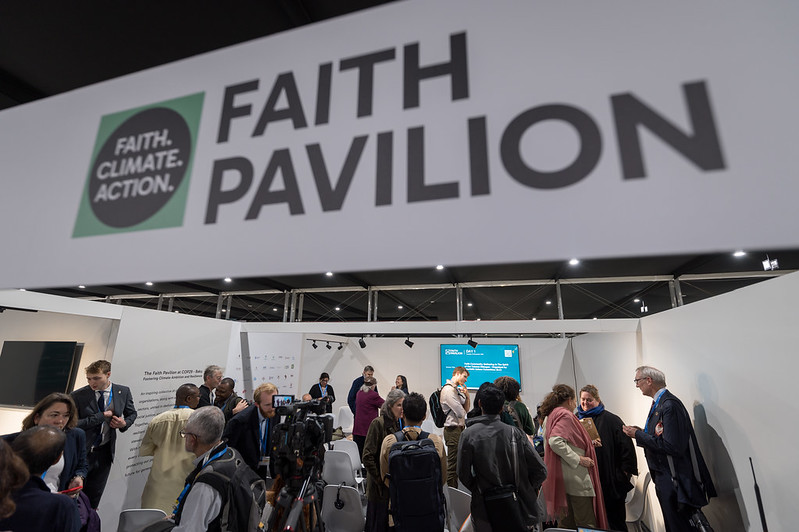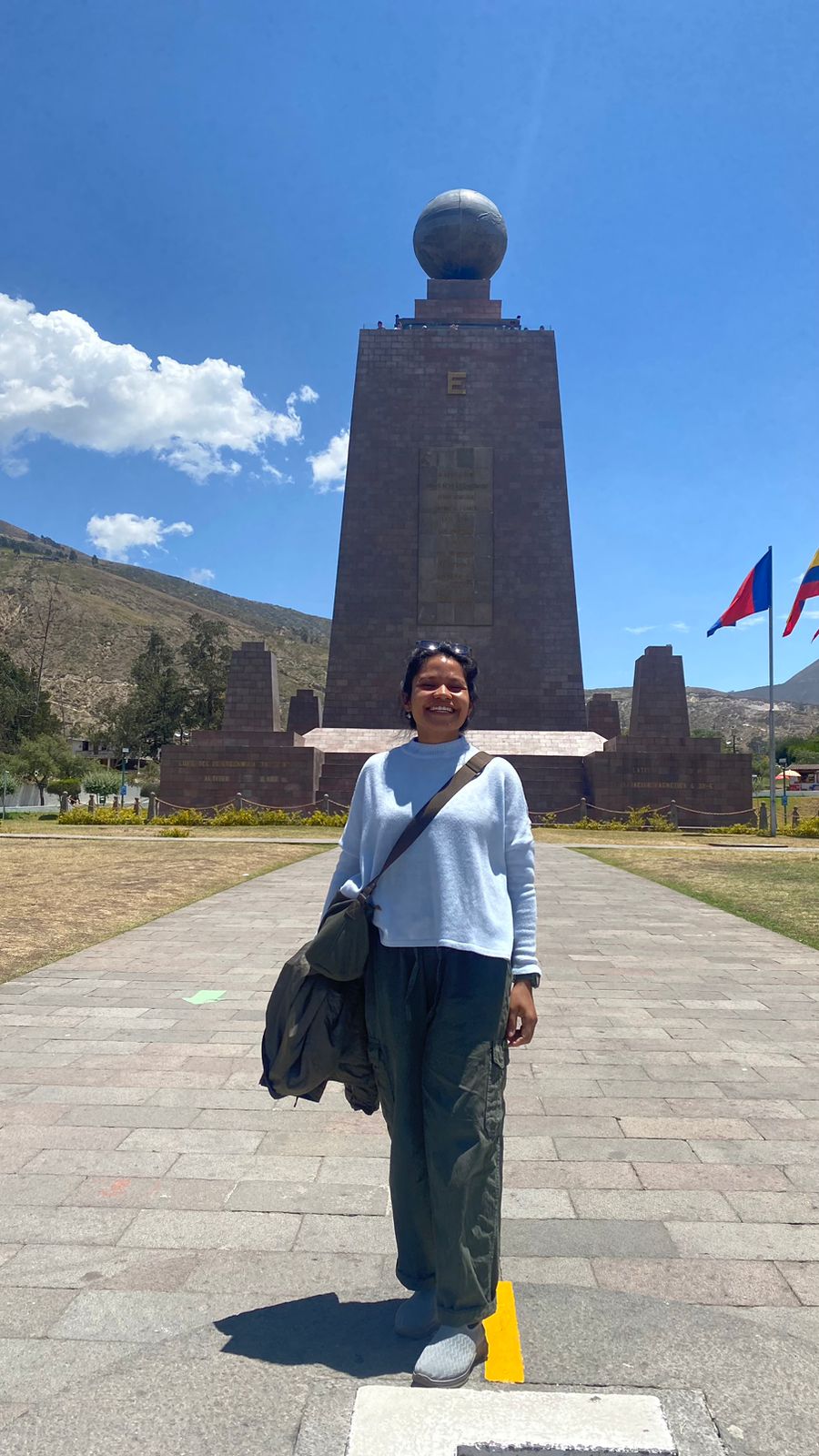-
Holy Spirit works through Catholic synod
“It was necessary to take courage: it’s another world, another vocabulary, another way of thinking. How was I to bring my own questions and be respectfully present as a guest while being fully Mennonite?” Anne-Cathy Graber asked these questions as she received an invitation to attend the Vatican’s Sixteenth Ordinary General Assembly of the Synod
-
Celebration of Christmas in Ghana
Photo: Mennonite church of Ghana – Dalive congregation Christmas! Christmas!! Christmas!!! Christmas in Ghana is a season of magic and wonder. Every Ghanaian has their own definition to what Christmas means to them. It reminds me of the fact that no matter what one might go through, nothing is permanent. It brings joy and assurance
-
Find info faster on fresh site
Discover the global family on a fresh website. Users will find a new look when they visit starting 12 December 2024. The expiry of old technology was the impetus for Mennonite World Conference to refresh the website on a new platform. MWC’s website is a portal to a tool kit of information about our communion
-
Tithes and offerings
Anabaptist World Fellowship Sunday 2025 In many cultural contexts, and particularly in Africa, the offering is as important as the sermon, as a meaningful part of worship. The pastor often asks one of the ushers to pray, to bless the givers, and also that those who are not giving may be blessed to give. Often
-
Commemorating 500 years of Anabaptism
Anabaptist World Fellowship Sunday 2025 Part A: Origin of Anabaptism in 1525 Part B: Origin of Anabaptists/Mennonites in your own country Part C: WCRC and MWC Common Statement of Confession, Gratitude and Commitment Part D: A Responsive reading of gratefulness, based on Psalm 136 This content is provided to give context for Anabaptism@500 years –
-
“The Courage to Love” activity
Anabaptist World Fellowship Sunday 2025 Luke 6:32 says if you love those who love you, what credit is that to you? Human beings have the tendency to love those who love them. It is easy to love those who love us or who are good to us. But Jesus teaches us to love those who
-
Celebration ideas
Anabaptist World Fellowship Sunday 2025 Participate in person or join in online on 29 May 2025 On Saturday 29 May 2025, Mennonite World Conference (MWC) will welcome guests from around the world to The Courage to Love: Anabaptism@500. The day-long celebration commemorates the birth of the Anabaptist movement in Zurich, Switzerland. Following workshops, concerts, a
-
An act of justice, a gesture of love
Many hands make light work This adage is one we use frequently when we’re doing work together. A core part of our identity as Mennonite World Conference is living out unity, so pooling our efforts to make a positive difference in the world is fundamental. Living out unity is calls on each one of us
-
“Unless a seed dies” (John 12:24)
“Disperse and connect.” This motto guided Hawkesville Mennonite Church as they closed the congregation’s active ministry and disbursed the assets to support other ministries. Mennonite World Conference was one of the beneficiaries from this congregation in rural Ontario, Canada. “The church’s assets will be used to promote the ongoing mission of the church,” says David
-
Read the Bible around the world!
You are invited to participate in a Scripture read-a-thon. To commemorate the 500th anniversary of Anabaptism, MennoMedia has commissioned a new English study Bible. To celebrate its release, MennoMedia and Mennonite World Conference are collaborating on a three-day video stream of Bible reading on YouTube. Beginning on 18 January 2025, the Global Anabaptist Bible Read-a-Thon
-
COP 29 blogs by a Dutch Mennonite
Updates from COP 29 – United Nations Framework Convention on Climate Change (UNFCC) “We are witnessing terrible violence against God’s beloved creation. And we are increasingly aware of how much we share in the harm, both as sinners and as sinned-against,” says Thomas R Yoder Neufeld, chair of the Faith & Life Commission. “We must
-
“They just want me to learn”
From Indonesia to Bolivia – a YAMEN year through the five senses: This is how Arni Alice Paidjo describes her time in Bolivia, Santa Cruz. The member of Gereja Kristen Muria Indonesia (Muria Christian Church of Indonesia, GKMI) in Salatiga, Indonesia, served with YAMEN 2023-2024. The Young Anabaptist Mennonite Exchange Network (YAMEN) program is a
